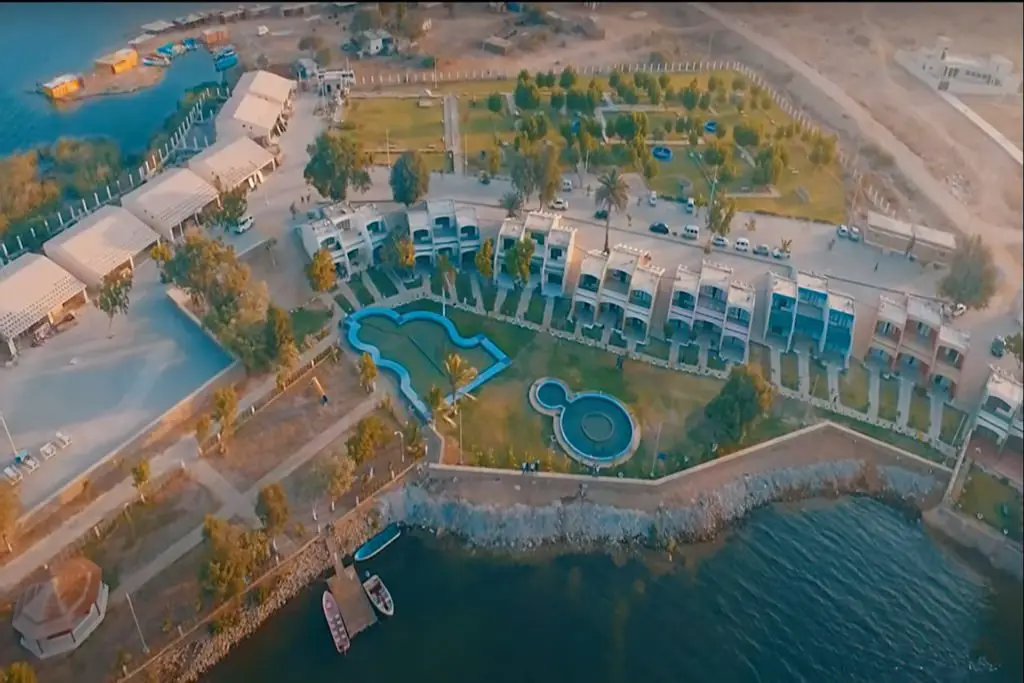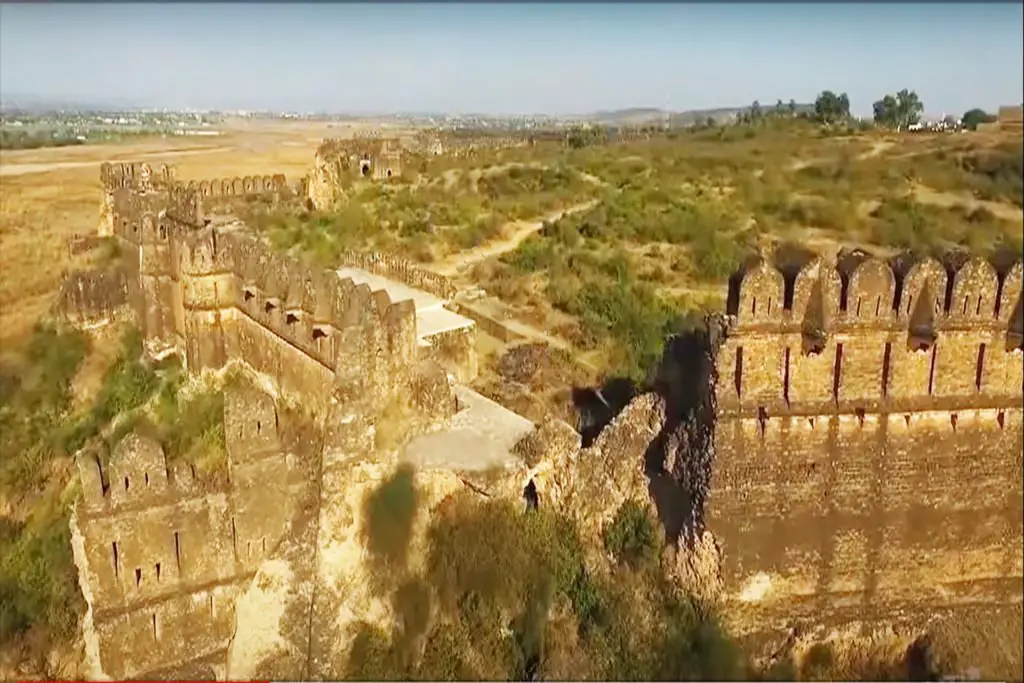The Maori people, indigenous to Aotearoa (commonly known as New Zealand), have a rich cultural heritage and a history that spans centuries. With their deep connection to the land, language, and ancestral traditions, the Maori have played a significant role in shaping the identity and diversity of New Zealand. In this article, we delve into the history, cultural practices, and contemporary significance of the Maori people.
History of Maori People
The origins of the Maori people can be traced back to Polynesian voyagers who embarked on a remarkable journey across vast distances to reach Aotearoa around 800 years ago. These early settlers brought with them a vibrant culture, knowledge of navigation, and a deep reverence for the natural world. Over time, the Maori developed distinct tribal communities, each with its own traditions, customs, and tribal territories.
Cultural Practices and Beliefs:
The Maori people have a strong sense of identity and pride in their cultural heritage. Their language, Te Reo Maori, is recognized as one of New Zealand’s official languages. Traditional arts and crafts, such as carving, weaving, and tattooing (ta moko), continue to thrive and serve as important expressions of Maori culture.
The concept of whakapapa (genealogy) forms the foundation of Maori society, emphasizing the interconnectedness between people, their ancestors, and the natural world. The land, rivers, mountains, and forests are viewed as living entities with their own mauri (life force), and the Maori have a deep responsibility to protect and care for these taonga (treasures).
Significance in Contemporary New Zealand:
In recent decades, there has been a resurgence of Maori cultural practices and the recognition of their rights as indigenous people. The Treaty of Waitangi, signed in 1840 between the Maori and the British Crown, is considered a fundamental document in New Zealand’s history. It provides a framework for partnership, cooperation, and the protection of Maori rights and interests.
Today, Maori culture is an integral part of New Zealand’s national identity. Maori language revitalization efforts, the establishment of Maori immersion schools (kura kaupapa), and the incorporation of Maori customs in official ceremonies reflect the growing appreciation and respect for Maori traditions.
Furthermore, Maori representation in politics, business, arts, and sports has been steadily increasing, contributing to the diversification and inclusivity of New Zealand society. Maori arts, music, and storytelling, including the haka (a traditional war dance), have gained international recognition and are celebrated as powerful expressions of Maori identity.
Challenges and Moving Forward:
Despite progress, challenges remain for the Maori people. Disparities in health, education, and socio-economic outcomes persist, highlighting the need for continued efforts towards equity and social justice. The preservation of ancestral lands and natural resources also remains a significant concern, as Maori communities strive to assert their rights and maintain guardianship over their cultural and environmental heritage.
The Maori people are an integral part of the cultural fabric of New Zealand, their ancestral home. Their profound connection to the land, language, and cultural practices has shaped the nation’s identity and continues to enrich its diverse society. By recognizing and honoring the legacy of the Maori, New Zealand embraces the principles of partnership, cultural revitalization, and shared stewardship that serve as a foundation for a more inclusive and prosperous future for all.






